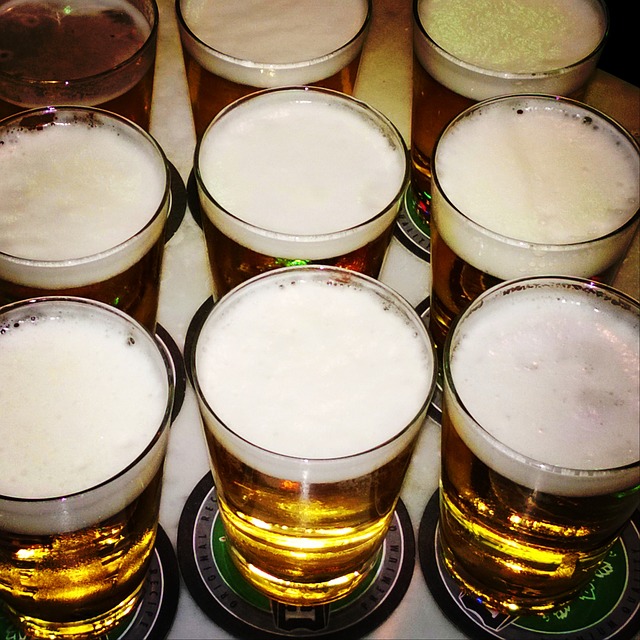As alcohol addiction awareness grows and the surrounding science becomes better studied and more complex, many modern addiction professionals believe that anxiety and alcoholism go hand in hand. Here is why your alcohol treatment program should incorporate dual diagnosis therapy for a surer route to a lifelong recovery. Dual Diagnosis Defined An assessment of Dual Diagnosis for the substance abuser combines an assessment of alcohol dependency with an underlying mental heath issue. Sometimes referred to as co-occurring disorders or COD, properly diagnosing the root cause is challenging for a rehabilitation therapist because the addiction itself often causes other psychiatric symptoms. Nevertheless, with proper treatment of both the root mental health issue and the alcohol dependency, the recovering addict stands a better chance of living a satisfying, sober lifestyle. Alcoholism and Anxiety Addiction literature suggests that about half of all alcoholics also struggle with anxiety. Those with untreated anxiety use the alcohol as a form of self-medication; naturally, as alcoholism takes hold, the addict then suffers from two problems — hence, a dual diagnosis. Although modern addiction science does not yet fully understand the medical reasons for this connection, many suggest that alcoholics are genetically predisposed to chemical dependency. By treating the anxiety in the recovering alcoholic, she is better able to fight the physical, mental, and spiritual symptoms of addiction. Alcoholism, like many other diseases, requires constant maintenance for sustained sobriety. Unfortunately, because those suffering from a preexisting anxiety disorder are not fully able to cope with the demands of an alcohol dependency recovery, recovering from alcoholism and anxiety together requires a multi-step approach. The Therapeutic Approach The modern rehabilitation center therefore aggressively treats the root anxiety disorder in a variety of ways. Initially, the recovering addict may submit to a medically-assisted detox process that thoroughly eliminates the chemical’s toxins from the body. Modern therapies, such as Cognitive Behavioral, when combined with experiential and pharmacological treatments, address the previously-ignored anxiety issues that plague the recovering addict. Although treating anxiety with therapy, counseling, and non-dependent medication might feel uncomfortable for the addict used to self-treating with alcohol, the struggle can be won by finding the right alcoholism rehab. (Photo via)

